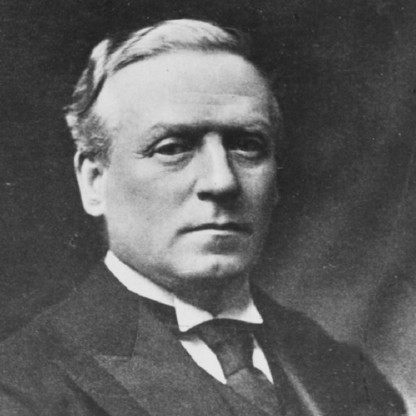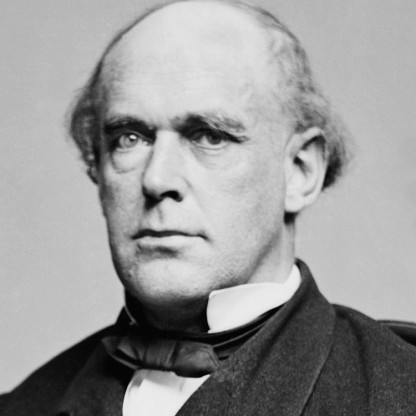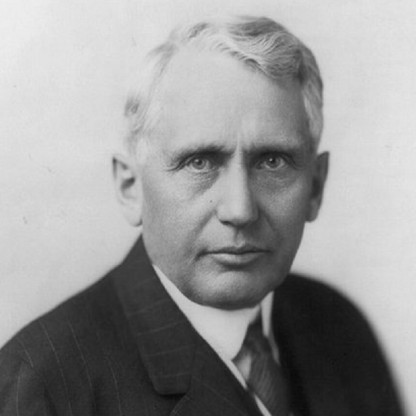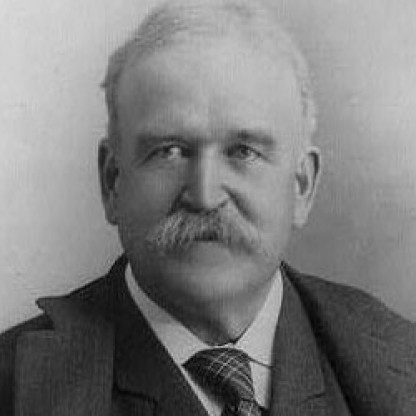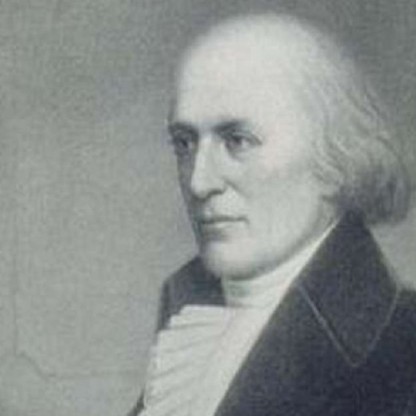Welles found the Naval Department in disarray, with Southern officers resigning en masse. His first major action was to dispatch the Navy's most powerful warship, the USS Powhatan, to relieve Fort Sumter on Lincoln's instructions. Unfortunately, Secretary of State Seward had just ordered the Powhatan to Fort Pickens, Florida on his own authority, ruining whatever chance Major Robert Anderson had of withstanding the assault. Several weeks later, when Seward argued for a blockade of Southern ports, Welles argued vociferously against the action but was eventually overruled by Lincoln. Despite his misgivings, Welles' efforts to rebuild the Navy and implement the blockade proved extraordinarily effective. From 76 ships and 7,600 sailors in 1861, the Navy expanded almost tenfold by 1865. His implementation of the Naval portion of the Anaconda Plan strongly weakened the Confederacy's ability to Finance the war by limiting the cotton trade, and while never completely effective in sealing off all 3,500 miles of Southern coastline, it was a major contribution towards Northern victory. Lincoln nicknamed Welles his "Neptune."
